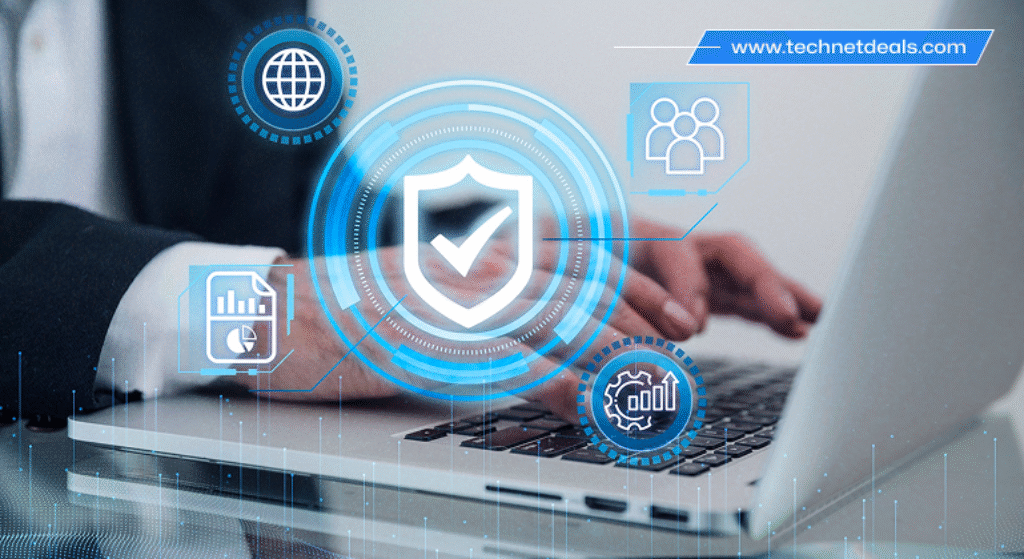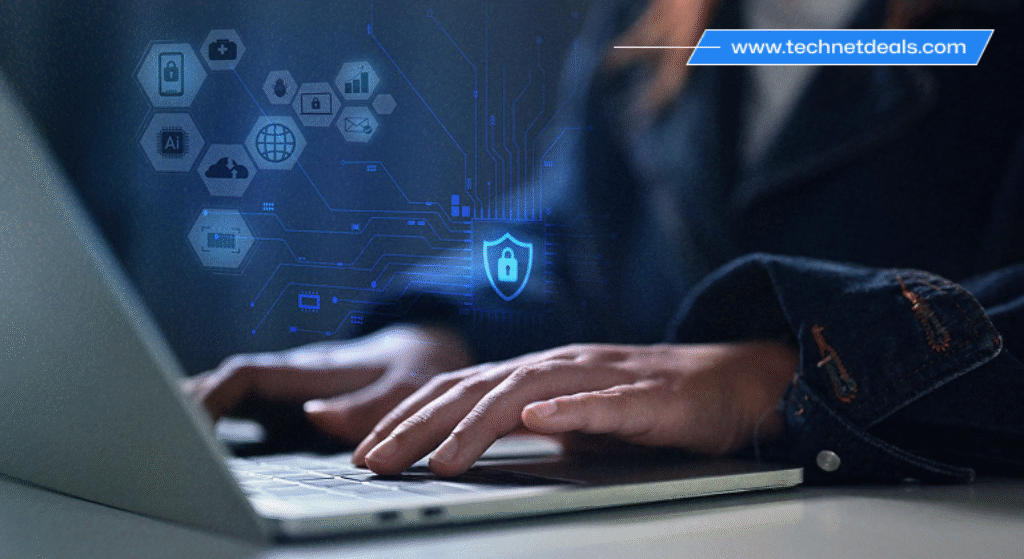
If you’re worried about your Internet safety, especially on wireless networks that are not secured, you’re not alone.
Many people want to feel safer online. They don’t want anyone spying on their Internet activity or stealing their personal information.
If you’ve looked up this topic, you’ve likely found information about open or public free proxies. These are online services that claim to let you browse the Web anonymously.
That’s the good news. But then, what’s the bad news?
Using the wrong proxy can lead to slow service and online problems. Most importantly, it could put you in more danger than not using a proxy at all.
In this article, I will cover all the pros and cons of free proxies and answer the million-dollar question: Are free proxies safe?
Are Free Proxies Safe, Or Are We Just Being Fooled?

The short answer is no. Many people think the Internet is free or that online services should cost nothing.
However, we often forget that we all pay for our Internet connections through Internet Service Providers (ISPs). There is always someone paying for online services in some way.
This payment helps the Internet and networks to work and grow. A proxy may not be an ISP, but it also needs significant technology and resources to operate, which are expensive.
If an open proxy doesn’t charge users, it must have another way to make money, or it couldn’t keep its service running.
One way open proxies earn money is by showing ads on their proxy websites. When users click on these ads, the proxy server profits.
Each click or purchase from the ad helps the proxy make money. This means they may not rush to provide the fast connection you want.
Many people assume that proxy services are slow intentionally. It is to keep you looking at the ads longer. The longer you watch the ads, the more likely you are to click on one.
What Are The Risks Of Using Free Proxies?

Well, I suppose you have been wondering for some time now, are free proxies safe? Now that you know they are not, let’s check out why.
1. Breach Of Privacy
Using free proxies can change your IP address and location, but you should be careful. You don’t know who operates the free proxy.
When you use a proxy, you trust that server with your data. Cookies store important information about you and your device.
When you accept cookies on a website, you share details about your browser and browsing history.
If you save a password in your browser, cookies keep that information too. This means that the operator of the free proxy can access your cookies and everything in them.
2. Your Information Can Be Easily Modified
Free proxies are not really free. They often rely on ads to make money, which can lead to your data being misused. The content you want to access might also be changed.
Sometimes, third-party ads get added to the website you are visiting. This can slow down your connection and show ads where they shouldn’t appear.
Additionally, these ads might carry harmful content, like malware. So the next time someone asks you, Are free proxies safe, tell them this.
3. Free Proxies, Poor Performance
Free proxies do not perform well. This is expected since they have limited resources and many people share the same IP addresses.
So, what should you expect? First, don’t count on the proxies to be fast. Building a strong infrastructure is expensive, and speed is a key issue, even for paid services.
The same is true for how often they work. Free proxies often get blocked more often than half the time, and you will likely experience more downtime than you should.
4. Hackers Are A Whole Separate Issue
Some hackers set up and run open proxy servers. This is a different tactic for online criminals, who usually attack networks or computers directly.
Instead, they draw you in with a promise of something you want: safe and free Internet access.
These hackers know your fears about online safety and use them to their advantage. Sadly, you might fall into their trap by using their free, open, and supposedly safe proxy service.
What happens is that hackers collect and misuse data that passes through their proxy network. Because their users feel secure, the hackers just wait patiently for personal and important information to come by, such as:
- Credit card details
- Passwords
- Social media accounts
- Bank information
Hackers do not change their ways, no matter how they operate. If you use an open proxy run by hackers or one monitored by them, you risk having your online activity watched, stolen or read.
How To Stay Safe From These ‘Blessings’ Of Free Proxy?

Jokes apart, the first and foremost advice will be, STAY AWAY FROM FREE PROXIES! Also, I will explain a few other ways you can keep your data safe and mask your IP address.
1. Umm, Pay For It
A paid proxy service handles everything from finding IP addresses to providing customer support.
You don’t need to stress about your privacy or security, as these companies work hard to keep their reputation, ensuring your connection is encrypted.
Prices vary based on your project needs, the features you require, performance, availability of customer support, and other factors.
For Example, you can check out the Chiproxies.com. They are really good!
Even if you pay for the service, be careful. Some companies don’t say how they get their IP addresses. Contact their customer support team.
If they don’t respond, find another option. Why? Some companies use IP addresses from end-user devices without their knowledge.
2. Find Out About Free Trials
Some proxy providers offer free trials or freemium plans if you want to try their service without a commitment.
You can typically test the service for up to three days at no cost. Some providers may ask for a small fee to access their services during the trial.
Freemium plans are less common in the proxy market. With a freemium plan, you won’t get full access to all the provider’s proxy addresses, but you can still use a few that may be suitable for smaller projects.
3. Learn How To Use A VPN
One option is to use a virtual private network (VPN) instead of a free proxy. A VPN will change your IP address, but it will not hide the fact that you are using one.
A good VPN service will use strong encryption methods like OpenVPN or IPSec. Also, it may have extra features like an automatic kill switch for added security.
So, if you want to get around geo-restrictions or stay safer online, a VPN can help. Additionally, for automation and larger uses, it’s better to choose paid proxies.
Are Free Proxies Safe? Explained
No, they are not. Whenever you see the word “free” used to promote a product or service, always look for hidden catches. Think carefully before jumping in.
You might get lucky and find something good. However, using a free proxy server can expose you to identity theft and other online risks, which is the opposite of what you want.
It’s better to choose reliable online companies that provide good services. If you want real safety and security, be ready to pay a reasonable fee, like a few dollars each month.






